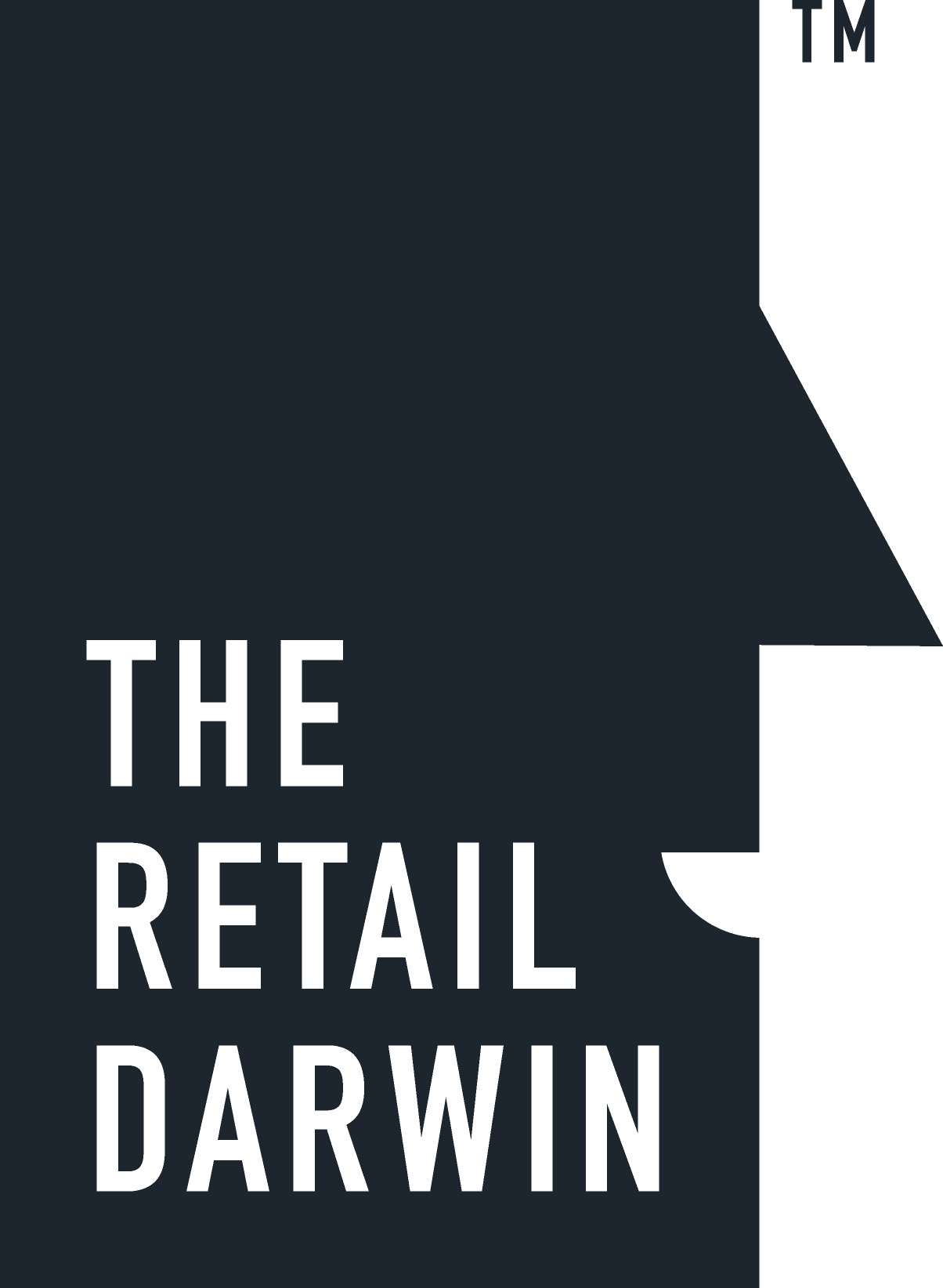The New Era Of Privacy
Brands around the world can’t afford to apply yesterday’s models.
When Marriott revealed a massive security breach at Starwood-branded properties, it joined a decade-long string of consumer data breaches across various industries. More and more of our data is online, and companies are finding themselves under attack because the data protection tactics they put into place either have major flaws or the protocols they go through after noticing of a breach are slow and imperfect. “Currently many companies opt for inadequate data security because it’s cheaper than the consequences of a data breach,” said John Simpson, project director for privacy and technology at Consumer Watchdog.
Enough is enough. New regulations like the General Data Protection Regulation (GDPR) in the European Union and the forthcoming California Consumer Privacy Act (CCPA) are placing a spotlight on brands’ data practices and holding them accountable for protecting their customers’ privacy. These regulations are requiring brands to collect only necessary data and clearly communicate how deploying personalization built on that data adds value to the customer experience. Additionally, they are placing massive fines on data security violations.
As it is becoming more expensive not to take a proactive stance, brands must now learn to balance consumers’ increasing concerns about personal data usage and their increasing demands for personalized experiences.
Sources: Gartner L2 Daily Insights (November 6, 2018) | Forbes (December 4, 2018) | Medium @AXEL (July 24, 2018) | Image: Laura Pittaccio


